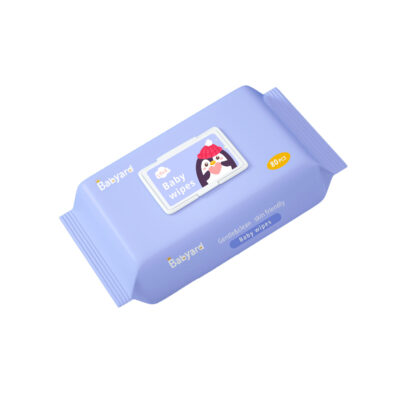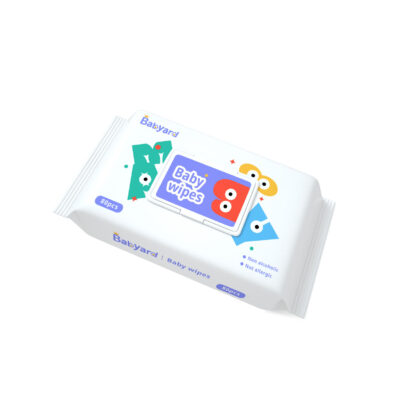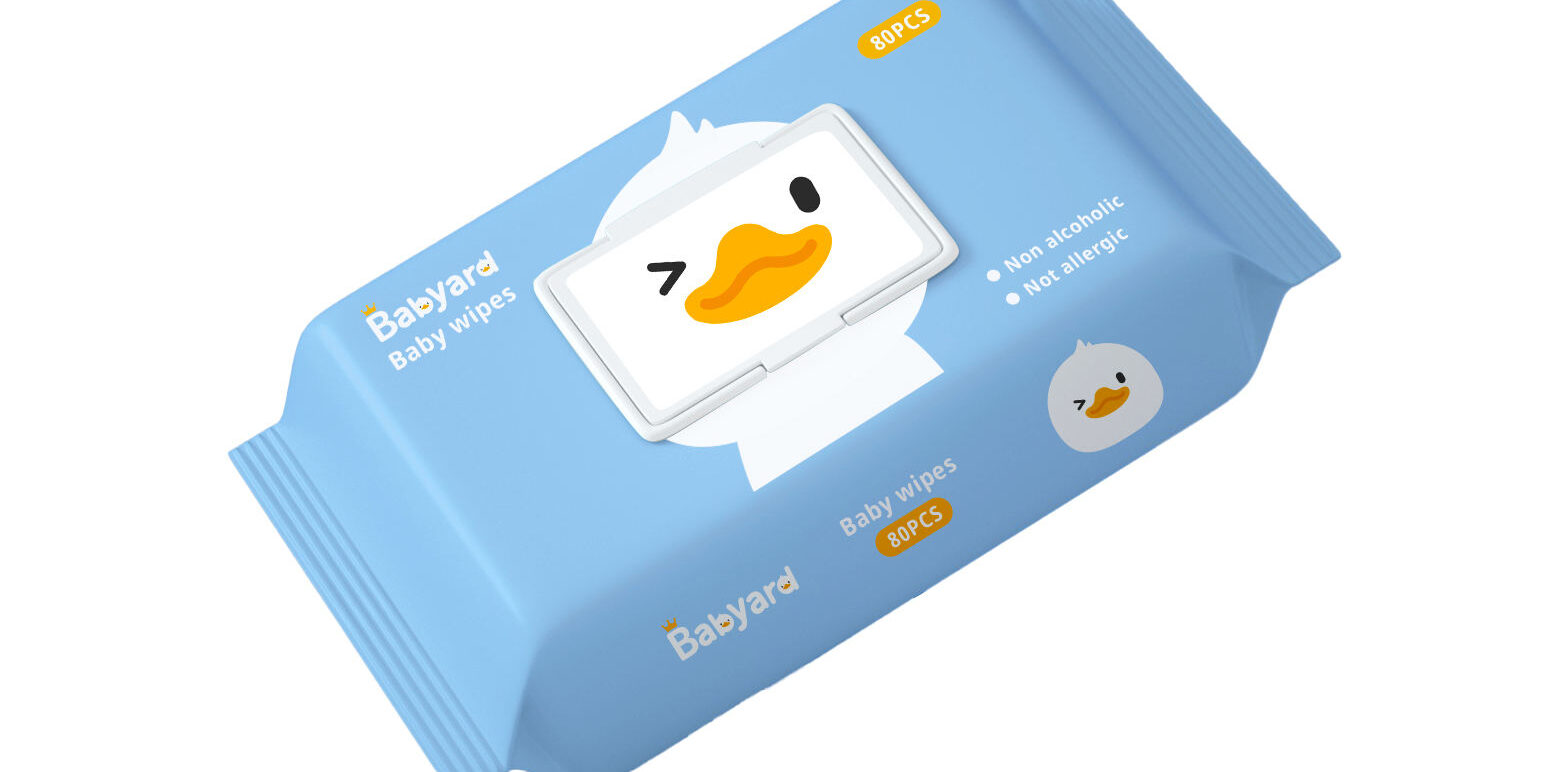Introduction: Why Eco-Friendly Wipes Matter
Parents worldwide are becoming increasingly aware of the environmental footprint of disposable baby products. For brands and procurement managers, the demand for eco-friendly baby wipes represents both a challenge and an opportunity. Choosing the right manufacturer means asking the right questions about raw materials, production processes, and certifications.
Substrate Selection: Are the Wipes Biodegradable?
The foundation of sustainable baby wipes is the nonwoven fabric. Traditional polyester-based substrates do not break down easily, contributing to landfill and ocean waste.
✔ Bamboo and viscose fibers – Popular for their softness and biodegradability.
✔ PLA-based nonwovens – Made from plant starch, compostable under industrial conditions.
✔ Blended options – A mix of natural and synthetic fibers to balance cost and eco benefits.
Reputable Baby Wipes Manufacturers now offer multiple eco-friendly substrates, allowing buyers to choose based on target market needs.
Lotion Ingredients: Are They Plant-Based and Safe?
The lotion formula determines how gentle and sustainable the wipes are. Buyers should inquire about:
-
Natural moisturizers such as aloe vera, chamomile, or oat extract.
-
Free-from claims: No parabens, alcohol, or harsh preservatives.
-
Biodegradable actives: Ingredients that break down without harming water systems.
By working with established Wipe Manufacturers, buyers gain access to tested lotion systems that are both eco-friendly and dermatologically safe for infants.
Packaging Considerations: Is It Sustainable?
Eco-friendly wipes should not come in non-recyclable packaging. Leading innovations include:
✔ Recyclable films instead of multi-layer plastics.
✔ Compostable wrappers for premium markets.
✔ Refill pouch systems that reduce plastic consumption.
Buyers should ask manufacturers if they can support paper-based laminates, biodegradable lids, or packaging compliant with EU recycling directives.
Certifications: Are They Third-Party Verified?
Sustainability claims are only credible if backed by certification. Look for:
-
FSC® for responsibly sourced fibers.
-
OK compost / TÜV Austria for biodegradability.
-
ISO 14001 for environmental management.
-
Dermatological safety tests for sensitive skin.
Asking for these certifications ensures products are compliant in international markets and reduces regulatory risks.
MOQ and Cost: How Feasible is Eco-Friendly Production?
Eco-friendly materials often cost more than conventional ones. Buyers should clarify:
-
Minimum order quantities (MOQ) for sustainable materials.
-
Whether mixed-substrate orders are possible for testing.
-
Long-term supply contracts to stabilize pricing.
Strategic sourcing allows brands to balance sustainability goals with competitive market pricing.
Conclusion: Building Brands Through Sustainability
Eco-friendly baby wipes are no longer niche—they are fast becoming mainstream. For B2B buyers, the right approach is to ask manufacturers about substrates, lotions, packaging, and certifications. By collaborating with trusted baby wipes manufacturers, buyers can secure safe, sustainable, and market-ready products that align with consumer demand and global regulations.

















